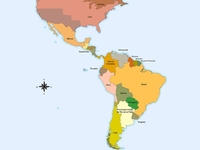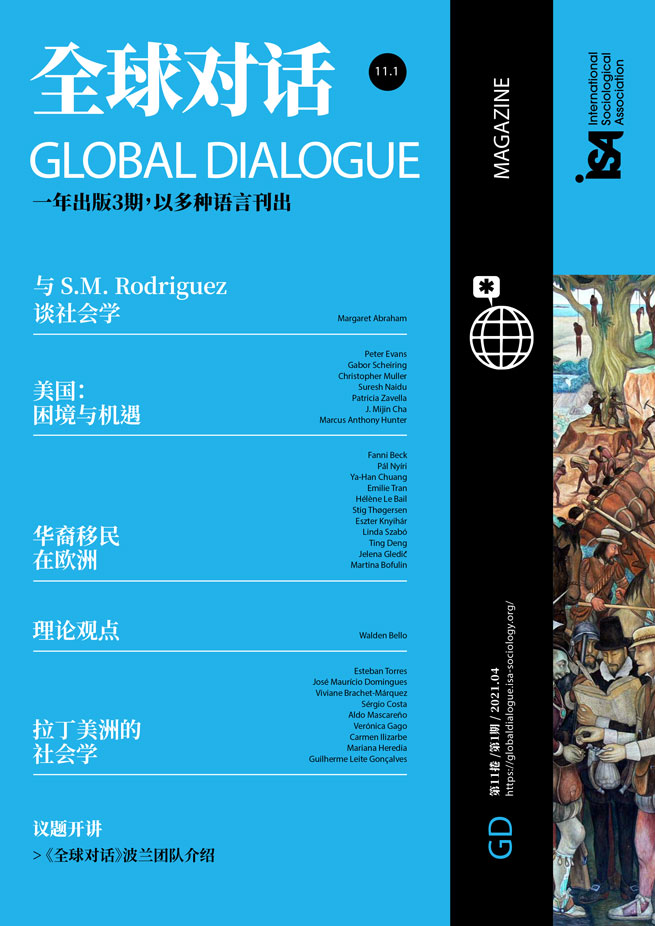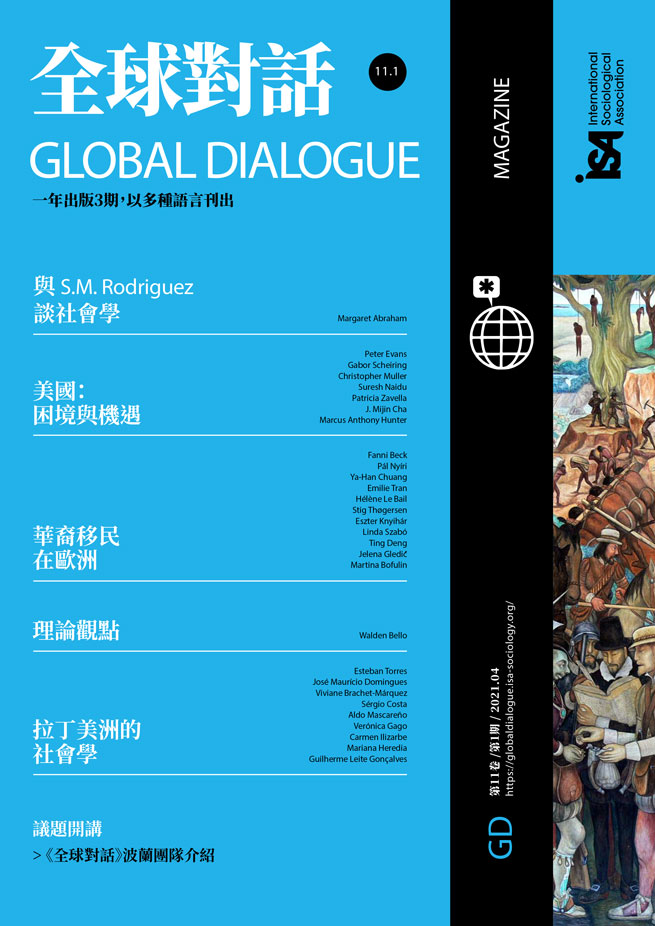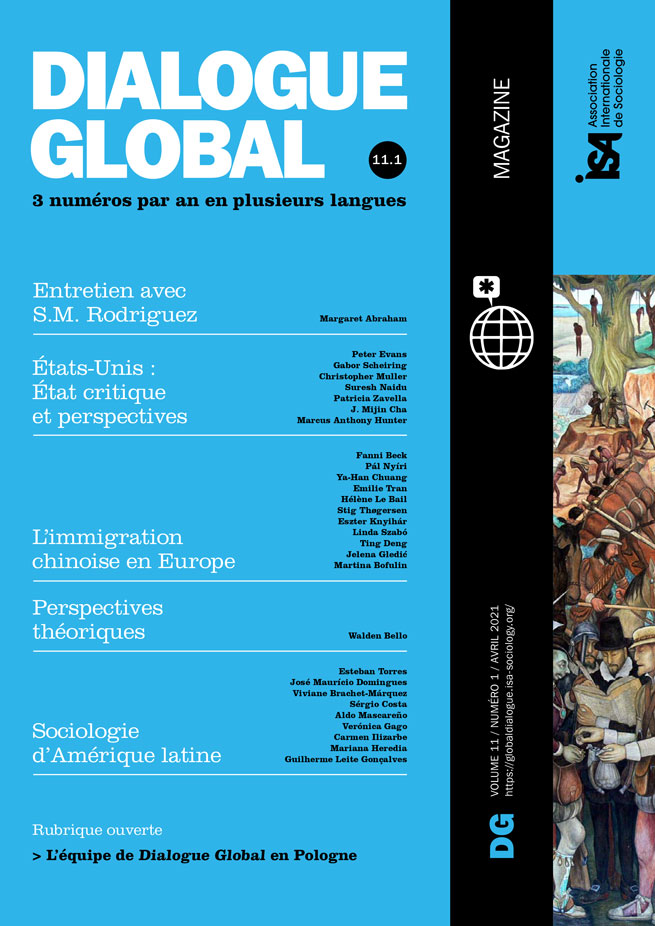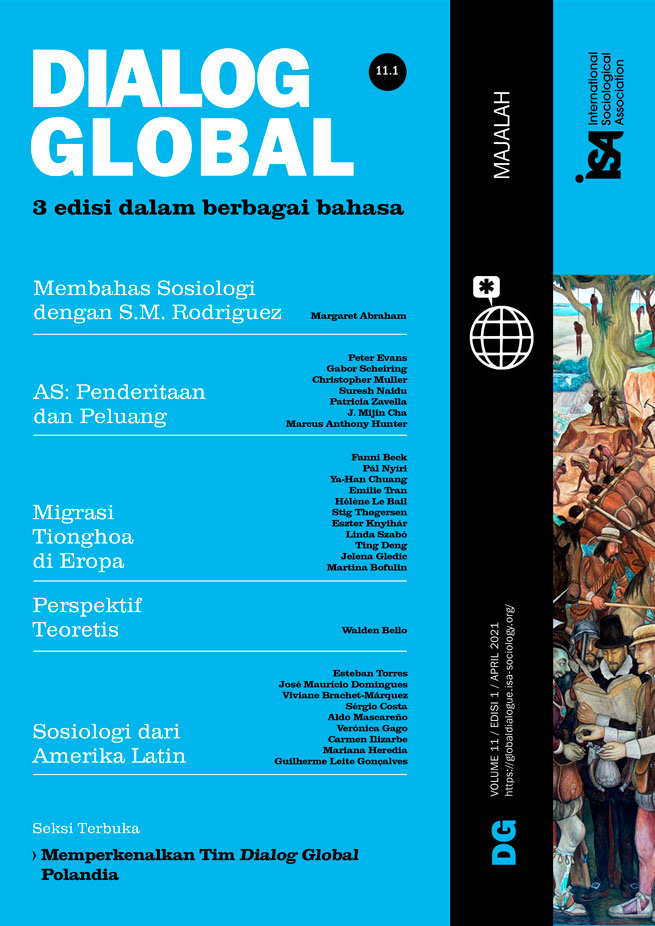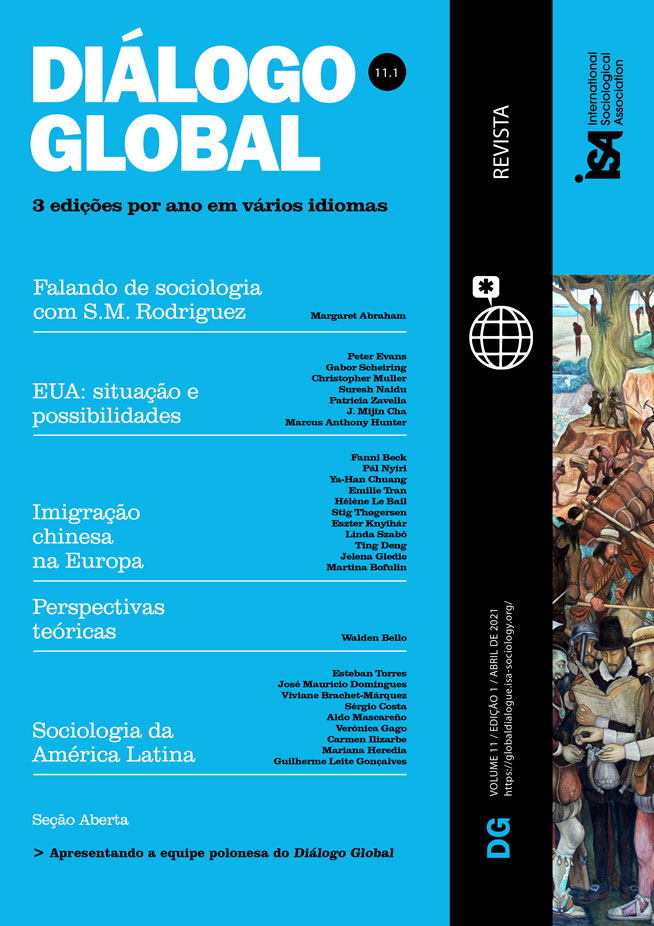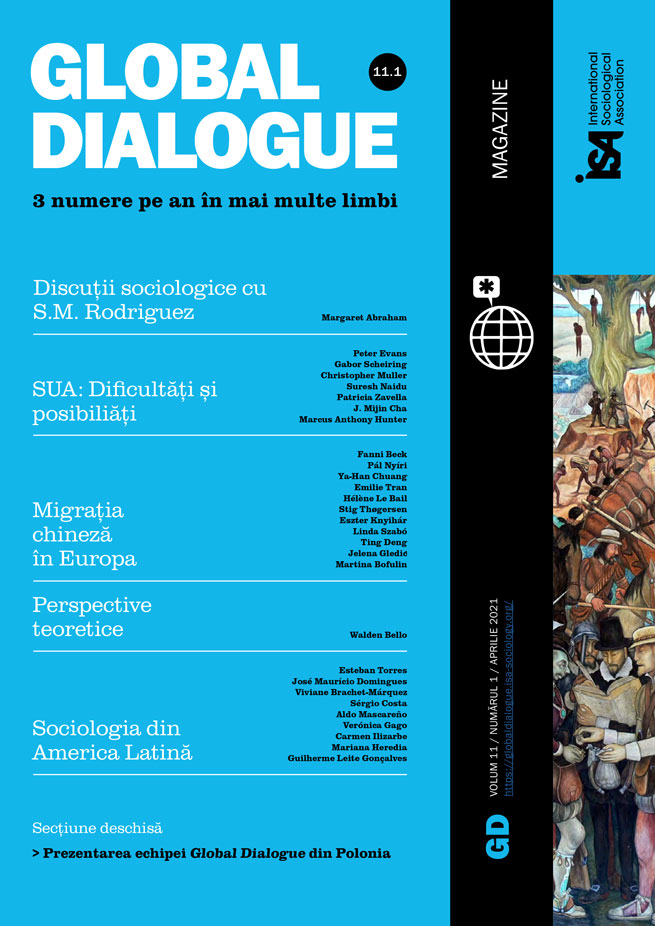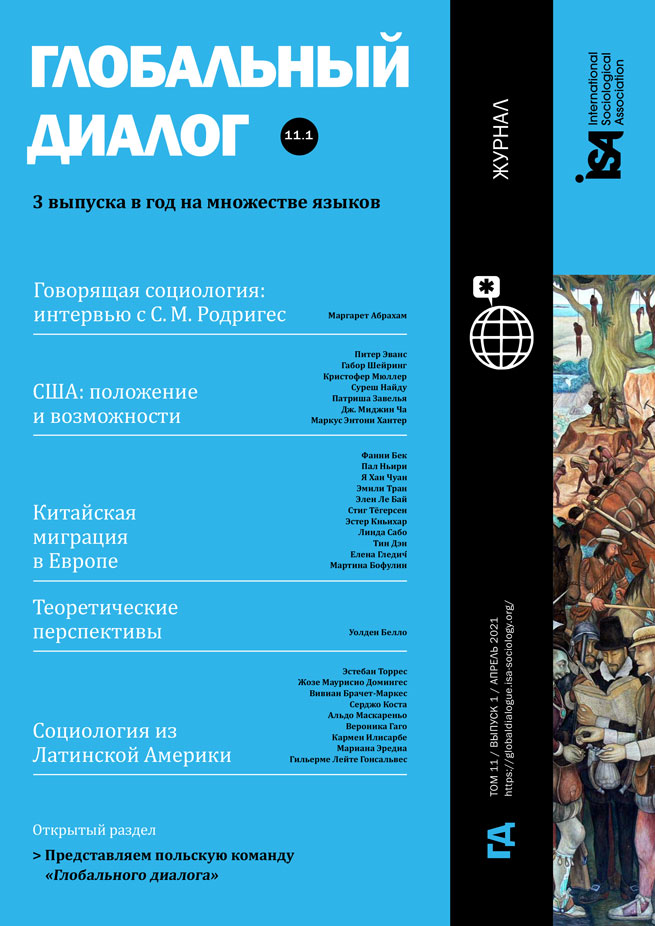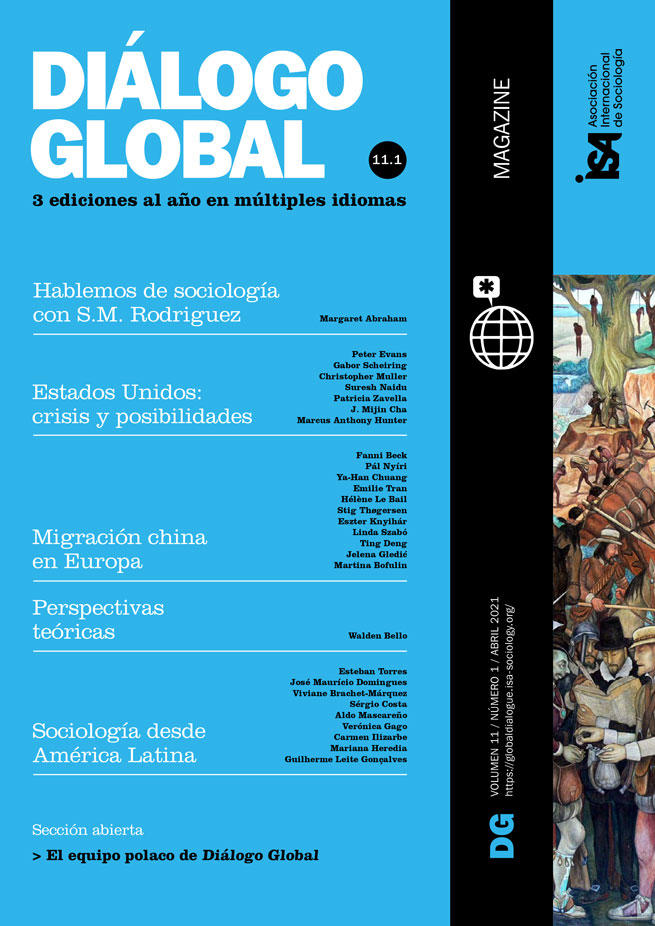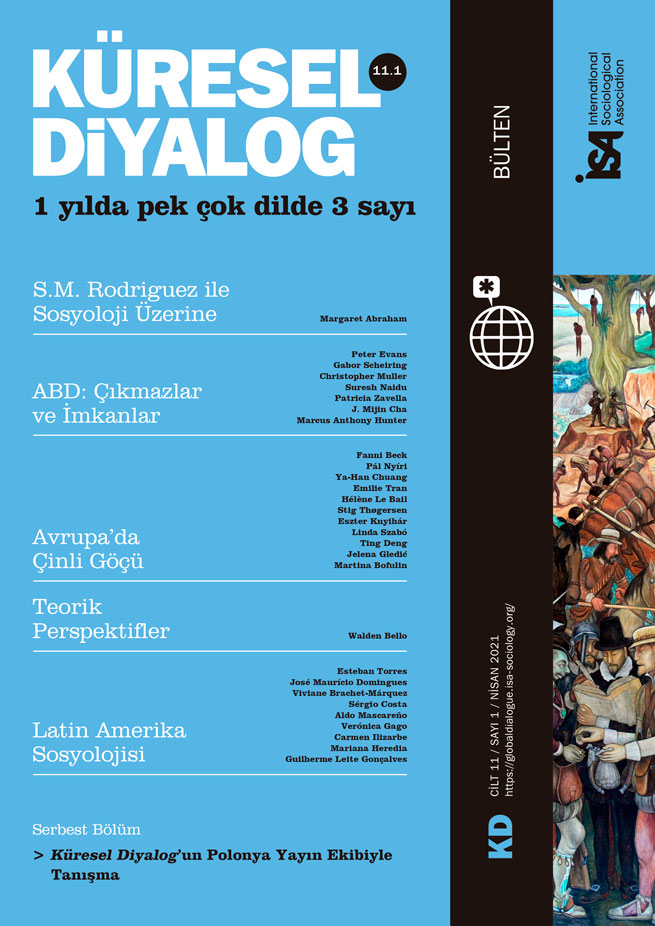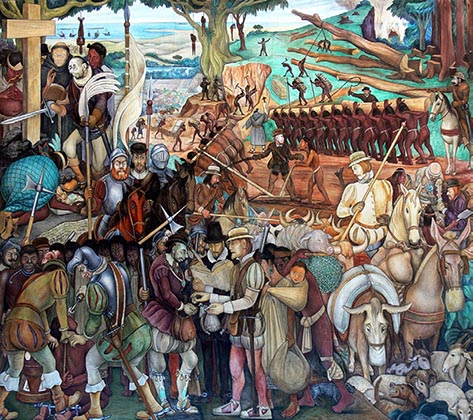In what way are law and the development of capitalism related to one another? This question is often answered first and foremost using the normative schema based on the distinction and friction between capitalism and democracy. Two views emerge from this thesis: Firstly, the available motivational resources are seen as insufficient to legitimize state interventions in late capitalism; secondly, law is presented as the de facto limiting of capital and power accumulation, yet only when this accumulation releases a number of strategic actors who lead to a general dissent. Both relate back to the normative basis of Jürgen Habermas’s theory.
The aim of this schema is to comprehend law and democracy as an ensemble of principles that are immune to discrepant contexts, as if legal-democratic discourses could be separated from the material interests that participate in their composition. By not acknowledging law to be a part of the divergent present, the above schema overlooks the legal arrangements which allow for the connection between accumulation and legitimation. This becomes even clearer when we see that the prediction of legitimation problems in late capitalism has not yet been confirmed. Not only does neoliberalism mobilize new motivational resources, but financial capitalism and its re-commoditizing actors are able to apply legal legitimation mechanisms to speculative tendencies.
Legal form
In contrast to the normative schema capitalism/democracy, the critique of the legal form (as brought forth by Evgeny Pashukanis) offers a concept which aims to analyze law in Marx’s value theory. Its point of departure is the understanding that in capitalist society, it is the sociality of labor that takes on the value-form. Consequently, concrete labor is translated into abstract labor and its product is carried out via an exchange, whose value-form is transformed into a necessary condition of social order. As soon as the exchange of various products of labor are made equal to one another, this exchange creates abstract equality among unequal types of concrete labor, which – based on standards such as average social labor-time – allows the self-reproduction of social inequalities. And because the value-form characterizes direct perceptions and leads behavior, it achieves a fetishized character.
As a result, law in capitalist societies is treated as a social form that is activated along with the value-form. It participates in the abstraction process of unequal concrete producers through the imposition of the equivalent exchange principle which is a prerequisite for the exchange of commodities (i.e. “exchange equivalent for equivalent”). The legal instruments for this are the constitutional principles of freedom and equality, as well as the “legal subject.” In fact, these instruments create abstractly equal subjects who are free to exchange equivalent commodities, while at the same time allowing the material implementation of private interests and inequality. For this reason, legal-democratic institutions are one of the social forms that permit market relations and exchanges to become objectified and fetishized shapes; for this, they also fetishize themselves.
Primitive accumulation
The critique of the legal form results in an explanatory variable which is useful for analyzing the position of law in the (re)stabilization mechanisms of capitalist accumulation – yet not in analyzing the revitalization processes of accumulation and their pressure for continual growth. As was established by the Marxian debate on primitive accumulation, capitalist societies are not static, but rather dynamic societies. From this perspective, capitalist development is viewed as a constant process of overcoming limits to accumulation and growth by means of commodifying non-commodified spaces. This process is induced by the impossibility of realizing overall surplus value in its place of origin as well as the pressure of over-accumulation, which demands the expropriation of a non-commodified area in order to appropriate the surplus value completely and to amortize investments.
Capitalism thus develops based on a dynamic of expropriation that constantly activates the repetition of primitive accumulation and with it, “the grossest acts of violence.” These acts should be understood as forms of direct violence (i.e. conquest, robbery, and murder) that in the development of capitalism are applied not merely exceptionally, but in fact frequently.
As a theoretical impulse, the concepts of primitive accumulation and expropriation demonstrate that law does not only function as a fetishized social form in capitalist societies. Indeed, it takes on another character. But how can we describe it? What sort of violence is it? Is there a legal arrangement that contributes to capitalist expropriation?
Legal violence of primitive accumulation
Different from the critique of the legal form, the primitive accumulation debate places even more emphasis on crisis periods. In these periods, capital is driven to grow by forces that, according to David Harvey, press for spatial-temporal adjustments by allowing for (re)commodification and in doing so freeing the flow of capital from limitations. The crisis interventions demand not only the restructuring of space and the temporal horizon, but the creation of a beneficial environment for investments as well. Both cases are characterized by various legal structures (e.g. soft law, criminal law, legal dispossession, police violence, war, etc.). They establish a complex dynamic of institutions that allow both a milieu legitimating (re-)commodification and violent provisions which expropriate certain social groups.
As argued by Klaus Dörre, the current economic-ecological double crisis paves the way for a contemporary diagnosis using the primitive accumulation perspective. In this diagnosis, economic-ecological crises are interpreted as a factor that destabilizes the relationship between growth, prosperity, and democracy. Based on this, the engagement of legal and social orders can be analyzed through consideration of the expansionary pressure of accumulation whose force has been triggered by these crises. This analysis demands the development of a critical legal sociology that goes beyond Habermas’s normative schema. On the other hand, the permanent use of primitive accumulation demonstrates that the development of capitalism is linked not only to the exploitative model found in the so-called equivalent exchange principle, but also to a secondary exploitation that allows accumulation by means of racist discrimination, the unpaid labor of women, and the over-exploitation of a migrant labor force. Of course, one must inquire as to what legal modes (in social legislation, police actions, etc.) enable this secondary exploitation.
Guilherme Leite Gonçalves, Rio de Janeiro State University, Brazil <guilherme.leite@uerj.br>




